Bringing HLC quality assurance
to short-term credentials.
Innovation Center
HLC endeavors to provide resources and programming for colleges, universities, and other educational providers to develop high-quality short-term credential programs and to foster effective partnerships among higher education institutions, providers, states, employers, and industries.
On This Page
Learning From Practice
Beginning in fall 2025, HLC is launching a pilot learning and planning program (a Community of Praxis – Learning, Practice, and Action) that will eventually be expanded and offered to colleges and universities through HLC’s Credential Lab Innovation Center.
The pilot cohort focuses on institutions that are very new to considering, or very early in the process of designing or offering short-term credentials to advance learners’ workforce preparation and career opportunities.
Pilot institutions will participate in a four-part webinar series, facilitated by several professionals well-versed in the credentials ecosystem to develop an outline of the institution’s initial idea for a credentials-oriented project and engage with a Credential Lab mentor; and finally develop a Credential Innovation* action plan.
Facilitators
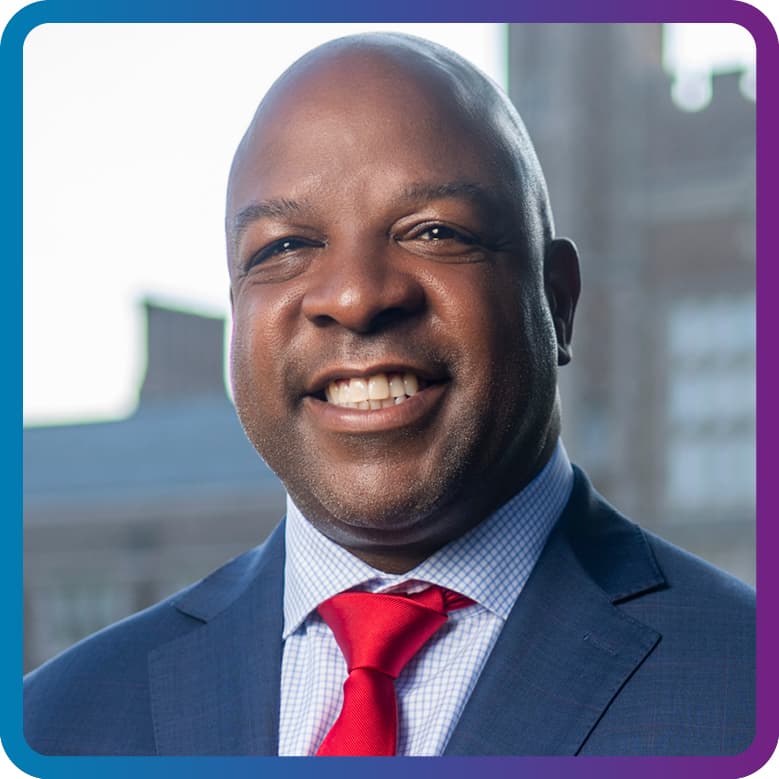
Sean Armstrong
Asquith “Sean” Armstrong, Dean of Washington University in St. Louis – Continuing & Professional Studies (CAPS), will complete the transformation of the university’s professional and continuing education division, a school with a greater focus on accessible pathways for economic mobility and career advancement for residents of the St. Louis region. In 2023, Mr. Armstrong set a new vision and mission for the school with a Strategic Plan that focuses on the empowerment of modern learners —those balancing personal and professional responsibilities with their education goals. As a native New Yorker and former Florida resident, Mr. Armstrong’s own non-traditional student experience is the cornerstone of his ability to create agility and flexibility in higher education. The transformation of CAPS will ensure student success of diverse and underrepresented communities.
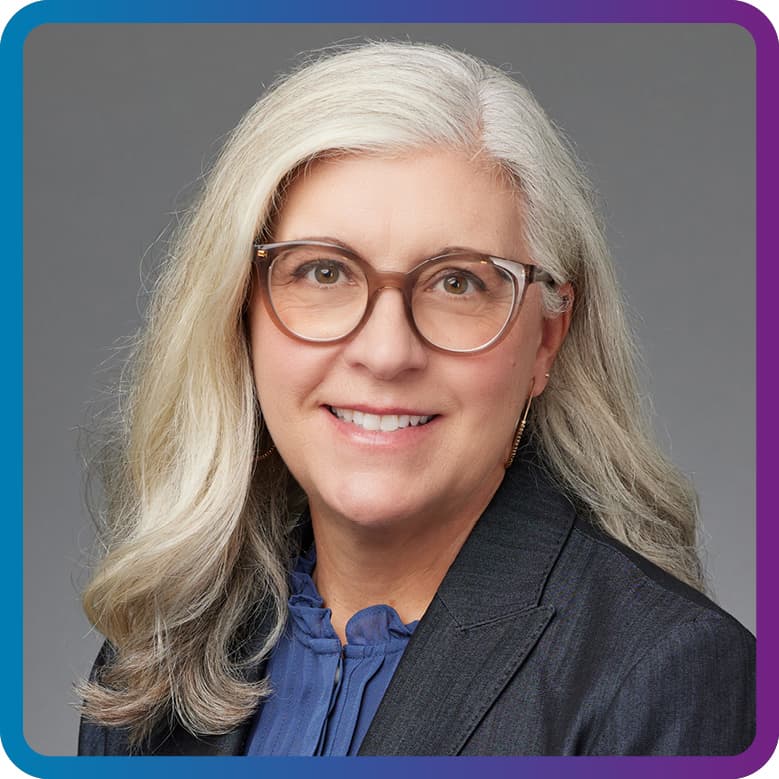
Melanie Booth
Dr. Melanie Booth is the principal of Nectary Solutions, where she leads cross-sector projects and partners with colleges, universities, systems, states, communities, industry bodies, and organizations to create and facilitate transformative initiatives that connect learning to work. Her expertise spans employability and skills development, experiential and community-based learning, recognition of prior and non-formal learning, competency-based education, skills-based and workforce-focused microcredentials, heutagogy, work-based learning, and quality assurance in higher education. She has held executive leadership roles, including Executive Director of the Higher Learning Commission’s Credential Lab; Vice President of Educational Programs & Engagement at the National Council for State Authorization Reciprocity Agreements; Founding Executive Director of The Quality Assurance Commons; and Vice President of Educational Programs at the WASC Senior College and University Commission. She is also the co-founder of the international Heutagogy of Practice, focused on developing learner agency and voice.

Laurie Dodge
Laurie Dodge, Vice President of Quality Assurance and Accreditation for the Competency-Based Education Network has been a long-time leader in CBE. Prior to her career in higher education, Dr. Dodge served as a school psychologist in Indiana, West Virginia, and California. Laurie expanded her work in education by teaching courses at a nearby military base and fell in love with teaching adult learners. Dr. Dodge is a member of the NC-SARA Board of Directors and WASC Senior College Commission Substantive Change Committee and she has participated in countless national and international accreditation visits. Dr. Dodge was the inaugural Chair of the Board for C-BEN. Dr. Dodge received her doctoral degree in School Psychology from Ball State University.
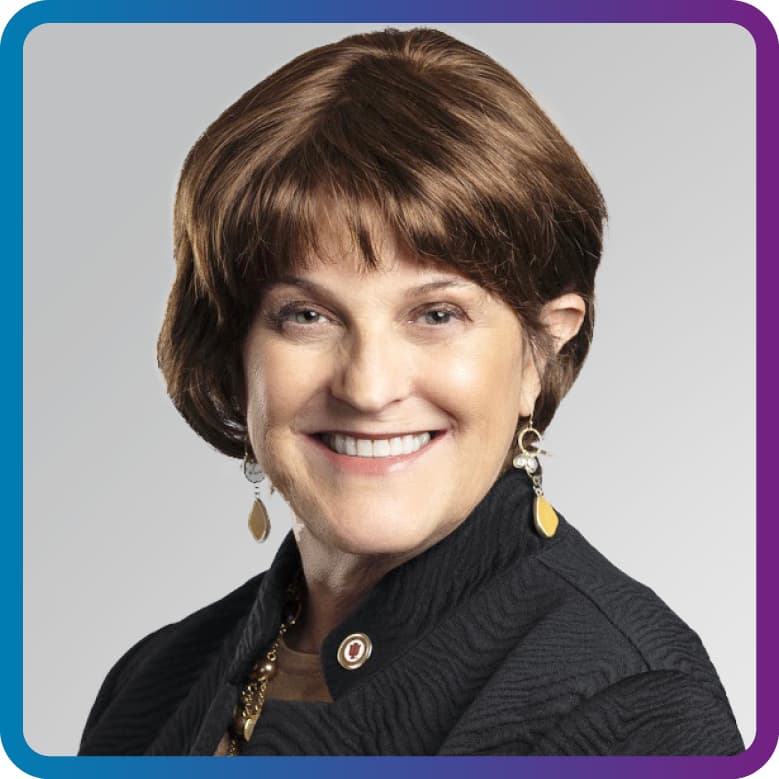
Susan Elrod
Susan Elrod is the Former Chancellor and Professor Emeritus, Indiana University South Bend. She is an experienced biology professor, university administrator, and nationally recognized expert in higher education change leadership. She has served as a leader at universities in three university systems in the United States: the California State University (CSU) system, the University of Wisconsin (UW) system, and Indiana University. She is also a co-founder of CRUSE, the Coalition for Reform in Undergraduate STEM Education, which is a consortium of seven national associations focused on fostering national collaborations for student success in STEM. For her work in STEM higher education, she was elected as a Fellow of the American Association for the Advancement of Science (AAAS). Elrod holds a Ph.D. in Genetics from the University of California, Davis and an undergraduate degree in Biological Sciences from California State University, Chico.
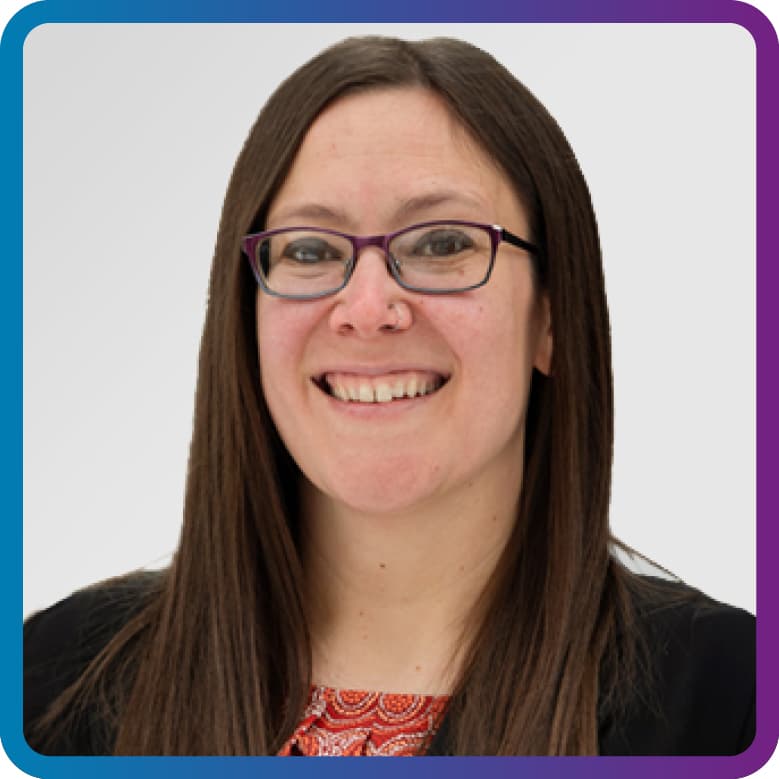
Tara Laughlin
Dr. Tara Laughlin is a leader in competency-based education, skills validation, and digital credentialing. As Director of Skills Development & Validation for Education Design Lab, she leads the Center for Skills Validation and drives strategy for scalable, human-centered approaches to make durable skills visible and valued. Tara brings over 15 years of cross-sector experience spanning K-12, higher education, workforce development, and edtech. Her strengths lie in taking a human-centered approach to micro-credentialing, learning experience design, and the use of authentic assessment and performance data to promote learner agency and economic mobility. She holds a Doctorate in Curriculum and Innovation and regularly contributes to national conversations through publications, conference presentations, and cross-sector partnerships advancing the future of learning, work, and equitable opportunity..
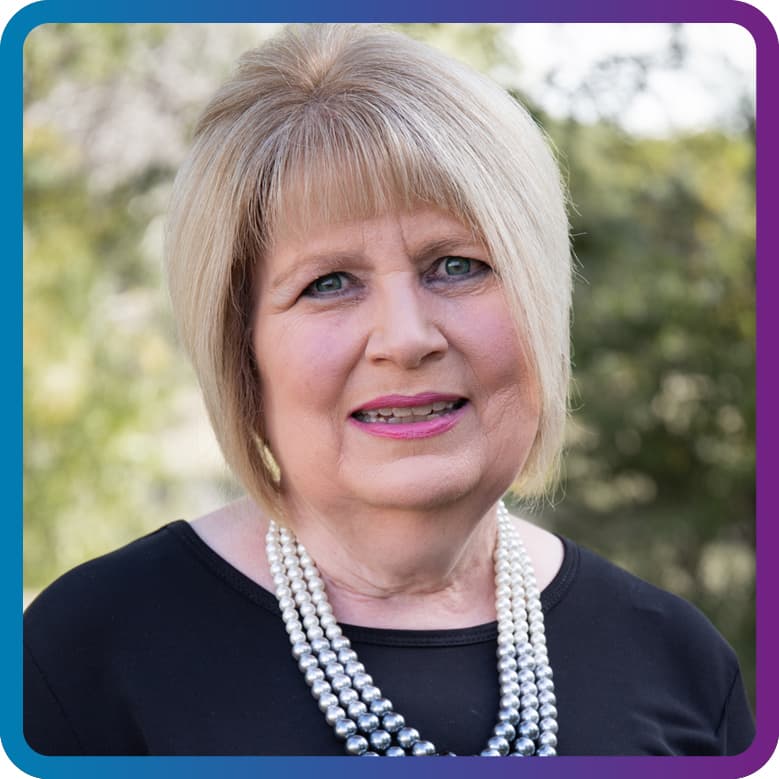
Kimberly Moore
Kimberly Moore, JD, is the Assistant Vice Provost for Enrichment Programs at Wichita State University (WSU). In this role, she bridges the gap between business, industry, military, government, higher education, and professional organizations, providing career-relevant training solutions, academic programs, and certifications tailored to their needs. With 37 years of experience in workforce and professional development, Kimberly is a nationally recognized expert in the development of skills-based credentials. She employs creative, unconventional, and innovative approaches to solve problems and build employer partnerships that create career pathways utilizing best practices and professional standards. Her contributions to the field have earned her the 1EdTech Leadership Award and the Power Learner Potential Organizational Award. Kimberly serves on the 1EdTech Board of Directors, is a member of the Digital Credentials Innovation Leadership Network and is a founding member of the TrustEd Credential Coalition.
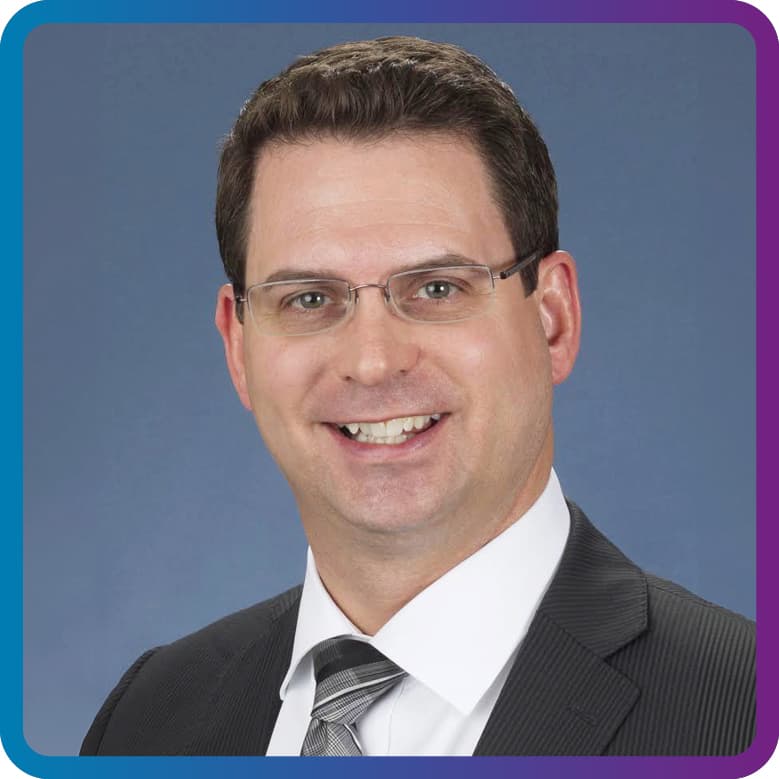
Ian Roark
Ian R. Roark serves as Provost and Executive Vice Chancellor of Academic Affairs and Workforce Development for Pima Community College. He also oversees innovation for the college district, including new models such as micro-pathways, apprenticeships, and Baccalaureate degrees. Dr. Roark serves on several boards and committees at the local, state, and national levels. He was named to the Aspen Presidential Fellowship for Community College Excellence for 2019-2020, received the Workforce Development Practitioner of the Year Award from the Arizona Association for Economic Development in 2019, named Steering Committee Lead for Arizona’s Reskilling & Recovery Network Team in 2020, named to the New America New Models for Career Preparation Advisory Committee in 2021, was selected as a Designer in Residence by the Education Design Lab for 2021-2022 and was named to the New America Workforce Transformation Advisory Committee in 2023.
*Definition of Credential Innovation: The development, redesign, or enhancement of educational credentials—such as degrees, certificates, short-term credentials, and badges—to better align with the evolving needs of learners, employers, and society. Credential innovation aims to create new pathways that improve accessibility, relevance, flexibility, visibility, mobility, and value by leveraging employer-partnered design, labor market and skills data, competency-based learning models, and new technologies.
Additional programming will be offered in spring 2026.

Other Resources
Microcredential Partnership Planning Tool
Here is the first of many tools to support institutions in partnership with employers.
HLC’s Microcredential Partnership Planning Tool is intended to help institutions identify and assess various employer and community-based partnerships and opportunities and align them with institutional goals for microcredentialing.
The tool guides microcredential partnership designers in reviewing existing institutional partnerships and developing new partnerships that have the highest potential for impact and growth. Institutions can forge meaningful partnerships that advance education and workforce alignment, driving success for learners, employers, and communities alike.
Resources From the Ecosystem
Several external reports and studies also informed this initiative, including but not limited to:
Learn & Work Ecosystem Library
The library provides information about the components that bring clarity to the evolving learn-and-work-ecosystem.
Credential Engine
2022 Report: Counting U.S. Secondary and Postsecondary Credentials Report
Credential As You Go
The developing collection of research and resources from Credential As You Go
American Association of Collegiate Registrars and Admissions Officers (AACRAO)
Alternative Credentials: Considerations, Guidance, and Best Practices (2022)
Innovation Center Design Team
HLC has utilized an innovation center design team to create resources for higher ed institutions to provide their students quality credentials.

Related Resources

